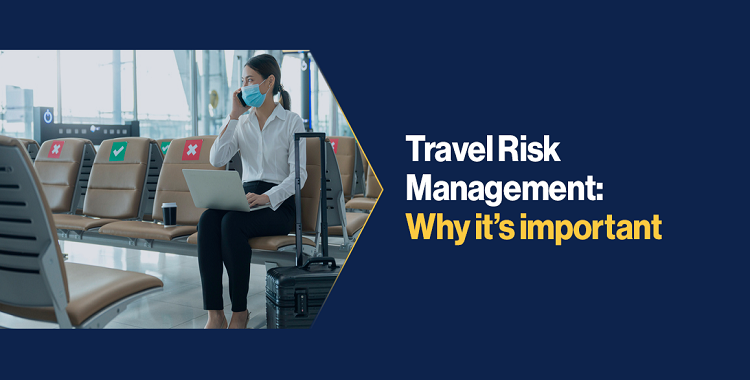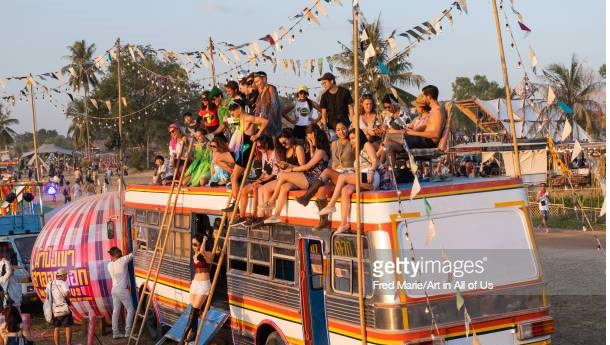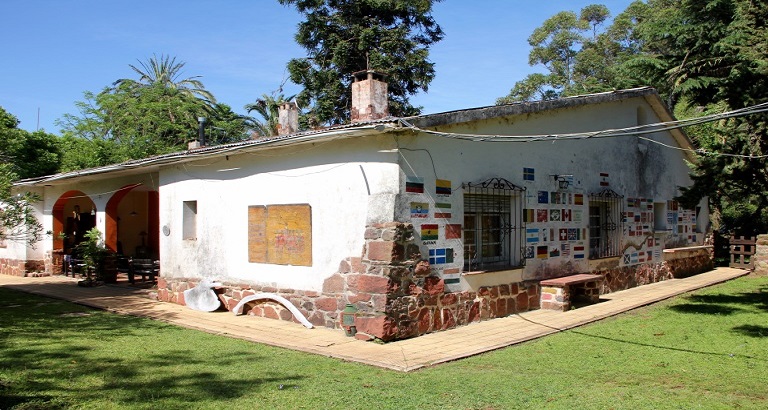It’s a tough subject, when we travel abroad we often suspend our normal routines and embrace the moment. Obviously reading guidebooks, getting vaccinations and listening to government advice on the countries we visit is important but other factors can come into play that both affect our judgement on situations and also in the way we make decisions.
Understanding and acknowledging risk management may seem like too serious a topic to embrace when embarking upon a trip but it can make the difference between having a great time and averting a tragedy. How often have you read a story about an incident abroad involving backpackers or other travellers that has made you think about how you would have reacted in that situation should it have been you making the decisions?
Minimising the risks while travelling is worthy of some consideration before your departure
As a professional scuba instructor with responsibility for students under my supervision I have a legal and moral duty of care to ensure that the risks they take are both acceptable and understood. As professionals we are also expected to make decisions based upon the prevailing conditions and exercise good judgment where the situation is marginal.
That is not to say we always get it right, weather conditions can deteriorate and other unforeseen events may compromise safety. The point is to manage the risk, enjoying the frisson of excitement that comes with trying a new sport or activity while remaining inside the envelope of acceptable hazards. That is the goal.
So how do we do this on the road? What should we look for when signing up for an activity? Who do we trust? There are a lot of questions that we could ask but most often do not, let us look at some ways to mitigate risk while still enjoying the experiences that we have saved up all our hard earned money to enjoy.
Quality of the operator
In most western countries taxi drivers are licensed, public transport is regulated and staff are vetted for drug and alcohol abuse, unfortunately in many other countries this not the case and caution should prevail. Boats regularly sail across stormy waters overladen and under crewed, lacking sufficient life jackets and regular maintenance. Making a judgement about whether to get on a packed boat in a monsoon should not be about cost, the saving is minimal. Wait until the weather eases, take a less crowded boat and ask for recommendations about captains or vessels.
Be prepared for all environments and their changing conditions
It may seem foolish and trivial to think about these things at the time and peer pressure, the group or your fellow travellers may wish to go anyway, may be a strong determinant but go with your gut instinct. Look for seatbelts in taxis and use them, ensure that back seat passengers use theirs as well. Don’t hang on the back of a bus like a local, they have a lifetime of experience in this and as for sitting on the roof of a train…..it looks like fun.
Back in Fiji when we wanted a taxi we used to ask them to send one who had not been on the cava all night or we wouldn’t pay, it usually got results.
Whether the weather
Nature has its own way of getting involved in the process; rain, heat, snow, storms, they can all play a part in our decision making and none should be taken lightly. A small lake can turn nasty in a squall; heavy rain up in the mountains can affect a seemingly dry floodplain. Swollen rivers are obviously treacherous and even streams can be hazardous in just a foot or so of water if the flow is fast enough, knocking over a hiker and turning a simple walk into a big problem.
In Petra, Jordan the Siq (the narrow passageway to the valley) has diversions for water in case of flash flooding after a party of tourists were washed away a few years ago. A tourist drowned recently in Laos after tubing on a flooded river. Strong legislation has been set up in the UK after several incidents involving kayaking or walking in bad weather. In Australia a short while ago a backpacker was extremely lucky to survive getting lost in the bush without the necessary equipment in searing heat.
If you’re going to really experience new cultures, get insurance!!!
Keep an eye on the situation, monitor local weather conditions and if they are marginal err on the side of caution. A red flag on the beach is there for a reason, off-piste skiing in avalanche prone areas is foolish, undertake long desert road trips in convoy, minimise your exposure to risks where possible and be prepared.
Don’t bet on it
If there is one thing we can do to protect ourselves and our families that requires only a little pre planning it is travel insurance.
For a few pounds a single trip can be covered while year long and gap-year policies exist for those on extended trips. Scuba divers should have DAN insurance for hyperbaric chambers and air evacuation, skiers and climbers have specialized clauses and a more comprehensive insurance with high limits should be taken out when travelling in less developed countries or those with high medical costs.
Our choices
It is not possible to plan for every eventuality or to control all the circumstances surrounding us all the time however we can take time to stop and think about the consequences of our actions and pause when doubtful about a decision. An old saying is to plan for the worst and hope for the best.
 BESTCITYTRIPS
BESTCITYTRIPS




